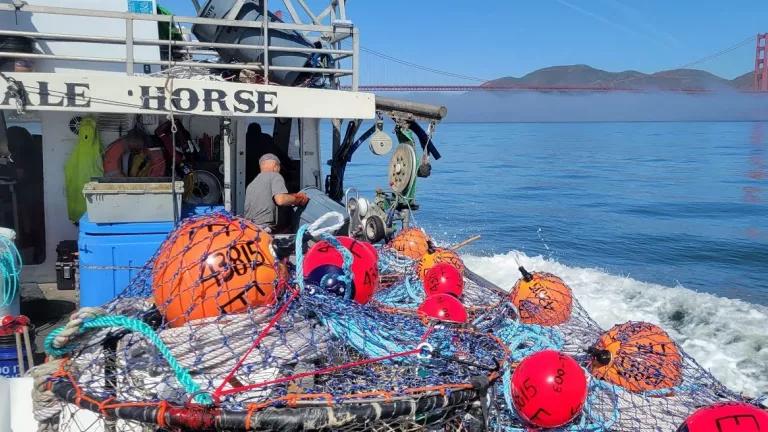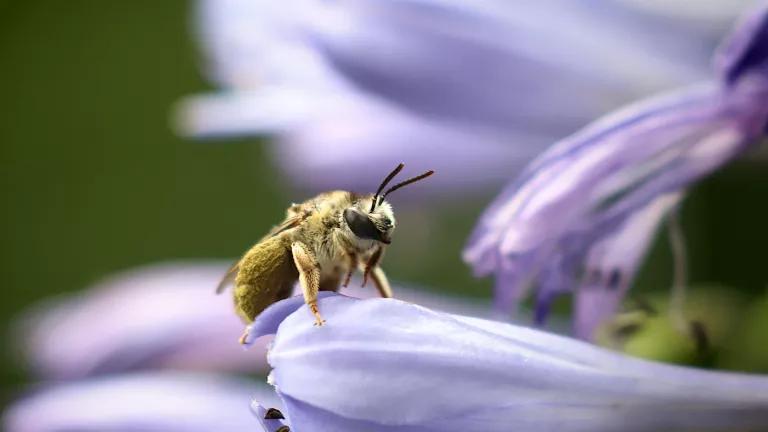Bill Would Help End California's Role in Elephant & Rhino Poaching Crisis
No one wants to think that they're responsible for killing elephants. But if you've bought ivory in California recently, you might be.

Ivory store in California
Daniel Stiles
According to an NRDC-commissioned undercover investigation of California's ivory markets, released today, up to 90% of the ivory for sale in Los Angeles and approximately 80% of the ivory for sale in San Francisco is likely illegal under California law, meaning that it was harvested relatively recently and thus could be linked to the elephant poaching crisis now gripping Africa. The report also found that the proportion of likely illegal ivory in California has roughly doubled--from approximately 25% in 2006 to about 50% in 2014.
It's difficult to reliably date ivory - the only fool-proof ways are DNA testing or carbon dating - but based on years of experience visually dating pieces, the report investigator estimated that of the more than 1,250 ivory items he saw offered for sale by 107 vendors:
- between 77% and 90% of the ivory seen in Los Angeles was likely illegal under California law and between 47% and 60% could have been illegal under federal law; and
- approximately 80% of the ivory seen in San Francisco was likely illegal under California law and 52% could have been illegal under federal law.
Fortunately, Assembly Bill 96 - introduced today by California State Assembly Speaker Toni Atkins and California State Senator Ricardo Lara - will go a long way towards cracking down on California's ivory market and, in turn, the demand for ivory that is fueling poaching. Much of the blame for California's ivory trade falls on the state's faulty 1976 ivory law - Penal Code section 653o - which contains a loophole allowing the purchase and sale of ivory imported prior to 1977. This has created confusion and made the law nearly impossible for the California Department of Fish and Wildlife to enforce. Assembly Bill 96 fixes all this by eliminating the pre-1977 loophole in California's ivory law and banning the sale, offer for sale, possession with intent to sell, and importation with intent to sell of elephant ivory and rhinoceros horn. It also increases penalties for those trafficking in ivory and rhino horn to up to $50,000 or an amount equal to two times the value of the wildlife involved in the violation, whichever is greater and/or one year in prison.
As this report shows, the existence of a legal market for ivory creates opportunities for parallel illegal markets to thrive. Because of California's law, too much ivory is slipping through the cracks and putting elephants' lives at risk. New York and New Jersey both adopted legislation this summer banning the sale of most ivory items to crack down on the illegal trade in their states. It's time for California to step up to the plate and do the same by passing Assembly Bill 96!




